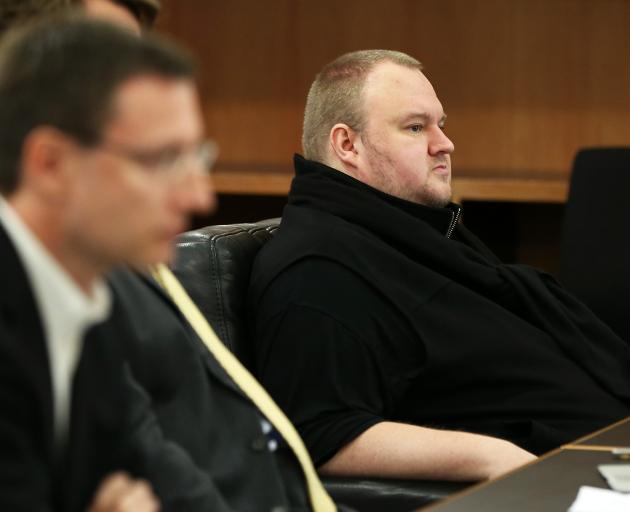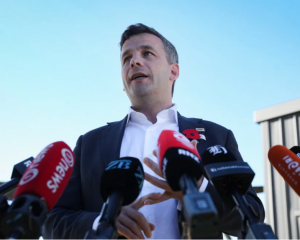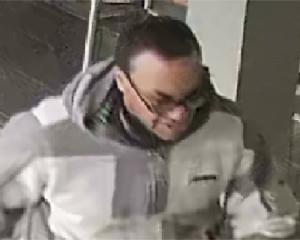
Mr Obama has been in the country for three days.
Late on Monday, Mr Dotcom's legal team filed an application for a subpoena to have Mr Obama examined in a New Zealand court.
But German-born Mr Dotcom, who is represented by lawyers Ron Mansfield and Simon Cogan, realised his request was a long shot and also asked for, in the alternative, an order sending a letter of request to US judicial authorities to take Mr Obama's evidence stateside.
The Chief High Court Judge, Justice Geoffrey Venning, convened an urgent telephone conference yesterday morning to deal with the application.
Mr Dotcom, with several others, is battling extradition to the US to stand trial for alleged copyright breaches over his former website Megaupload.
He argued that Mr Obama can give evidence directly material to his proceeding, the purpose of the United States prosecution against him and its dealings with New Zealand authorities.
In December, Mr Dotcom filed a claim against the New Zealand and US Governments for pursuing and maintaining an erroneous arrest warrant and misleading the New Zealand court which granted it.
In an FBI-ordered raid, police used the anti-terrorist Special Tactics Group in a helicopter assault on his Coatesville mansion in 2012.
However, Mr Dotcom conceded that in the absence of a court order, it was unlikely Mr Obama would give evidence, and it was not practical to obtain a subpoena order before a trial date had been allocated.
There was no other witness currently in New Zealand as competent as Mr Obama to give evidence on the matter, he argued.
Justice Venning said even if Mr Obama held relevant information and was compellable as a witness, it would be necessary for him to prepare for any such examination and review relevant documents and materials from his time as president.
The judge continued: "On the material presently before the court, I am not satisfied that the evidence Mr Obama could give would be of relevance."
He said Mr Obama's perceived evidence comes from "Dotcom's construct that Hollywood was a major benefactor of the Democratic Party in the United States and that, in his opinion, the action against Megaupload and him met the United States' need to appease the Hollywood lobby".
The evidence Mr Obama may have any knowledge of is based on hearsay from a Wellington lawyer and lobbyist who told Mr Dotcom that "President Obama was dissatisfied with the way it had been handled", Justice Venning said.
He said Mr Dotcom's application was "premature" and that Mr Obama's evidence would be relevant "appears at best speculative"












